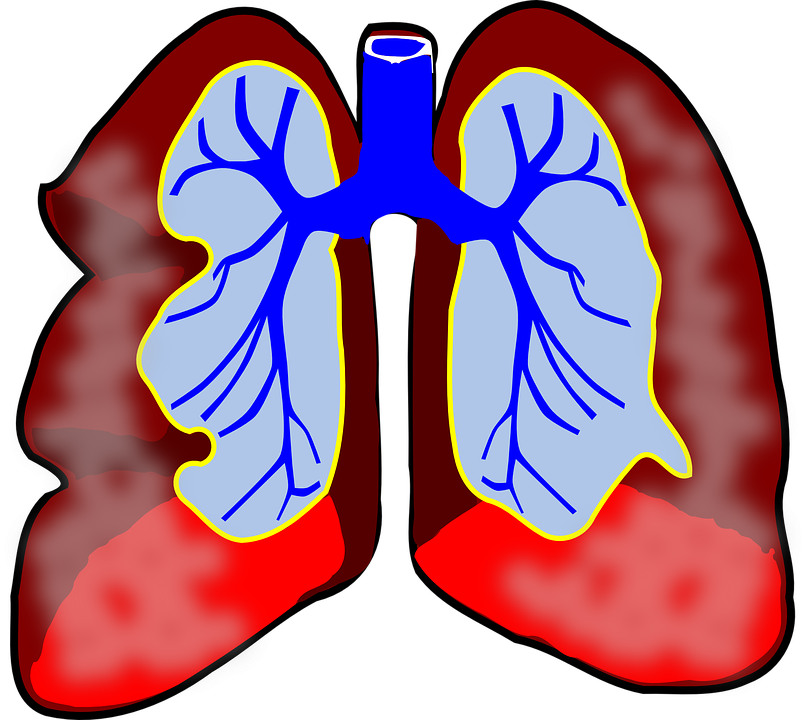About 26 million Americans suffer from asthma, and more than 6 million of them are children. Asthma causes the bronchial tubes to narrow and become inflamed, so that it can be hard to breathe. If you have asthma, we can help you create a plan for managing your symptoms and living well with this chronic condition.
 Asthma can develop at any age, but it frequently occurs in children as young as 5. In people with asthma, the bronchial tubes that allow air to enter and leave the lungs become narrow, inflamed and clogged with mucus. That causes the familiar symptoms of coughing, wheezing, tightness in the chest and struggling to take a breath.
Asthma can develop at any age, but it frequently occurs in children as young as 5. In people with asthma, the bronchial tubes that allow air to enter and leave the lungs become narrow, inflamed and clogged with mucus. That causes the familiar symptoms of coughing, wheezing, tightness in the chest and struggling to take a breath.
The causes of asthma are still unclear in some ways. A person is more likely to develop asthma if other family members have it, and so are people who have frequent respiratory illnesses or severe allergies as children.
One theory, called the “hygiene hypothesis” suggests that more people, especially children, are developing asthma today because rigorous standards of hygiene and the use of antibacterial agents are preventing the immune system from developing the defenses it needs to deal with threats such as bacteria or toxins.
Asthma symptoms can be triggered by a variety of factors, and it’s possible to classify different asthma types according to the way an attack is triggered.
Allergic asthma is triggered by a reaction to allergens such as perfume, pet dander, dust, pollen, tobacco, or mold. Exposure to an allergen causes the airways to become inflamed and swollen so that air can’t pass freely to the lungs. Mucus forms in response to the irritant, creating more problems with breathing easily.
Non-allergic asthma is caused by things as varied as exercise, exposure to cold air, some prescription medications, and illnesses like colds and flu that cause irritation and mucus production in the bronchial area. Asthma symptoms can also be caused by exposure to toxins and irritants on the job — a condition so common that it’s often called “occupational asthma.”
Anxiety and stress can also trigger asthma symptoms, and so can acid reflux disease, which can cause inflammation in the esophagus and throat from stomach acids. Knowing your particular triggers and how to avoid or manage them is a key part of any plan for living with asthma.
Diagnosing asthma begins with a physical exam and health history. Your doctor will ask you when you experience symptoms, how long they last, and what seems to relieve them. Next, you can expect to take a breathing test to check how efficiently your bronchial tubes and lungs are working. You may also have allergy testing or chest X-rays to rule out other conditions. If you’re diagnosed with asthma, you may be prescribed medication to help keep the airways open and help your breathing in case of an attack.
Asthma medications are typically administered in inhalers, so that medication goes directly into the bronchial tubes. These include long-lasting drugs that keep symptoms under control on a daily basis, and quick-acting medications for emergency relief when a sudden attack occurs. Asthma treatment is often managed by allergists, who monitor medications and make adjustments as conditions change.
Plan to Take Charge of Asthma
But there’s a lot you can do to control your asthma symptoms, too. Although exercise can trigger asthma attacks in some people, it’s also important to maintain a healthy lifestyle that includes some exercise, adequate rest and strategies to reduce stress. Learn what triggers asthma symptoms and plan ways to avoid those things.
Asthma is a chronic condition, but it can be managed with treatment and healthy habits. At Medical Offices of Manhattan, we’ll work with you to control your asthma, so that it doesn’t control you.

 Asthma can develop at any age, but it frequently occurs in children as young as 5. In people with asthma, the bronchial tubes that allow air to enter and leave the lungs become narrow, inflamed and clogged with mucus. That
Asthma can develop at any age, but it frequently occurs in children as young as 5. In people with asthma, the bronchial tubes that allow air to enter and leave the lungs become narrow, inflamed and clogged with mucus. That 
